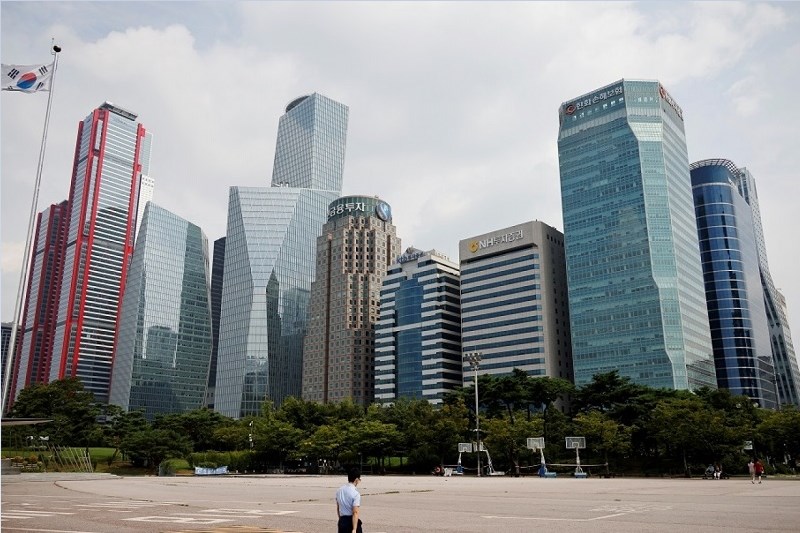South Korea Plans to Lift Ban on Institutional Crypto Trading
South Korea is preparing to gradually lift its ban on cryptocurrency trading by institutions. According to reports, the Financial Services Commission (FSC), the country's financial regulator, aims to allow local institutions to open trading accounts on cryptocurrency exchanges.
This plan will initially be implemented to include non-profit organizations. The FSC will work alongside the Digital Asset Committee to manage this process effectively. Currently, only verified individual users approved by the government are allowed to trade cryptocurrencies in South Korea.
The lifting of the ban aligns with economic promises. Removing barriers for institutions to engage in cryptocurrency trading was one of President Yoon Suk-yeol's campaign pledges. Yoon is also targeting the launch of local spot cryptocurrency exchange-traded funds (ETFs) to support the crypto sector.
Following the Virtual Asset Investor Protection Act, which comes into effect in July 2024, the FSC plans to establish new regulatory frameworks. This will introduce new rules related to stablecoins, cryptocurrency exchanges, and token listing processes. Additionally, amendments to the Financial Information Act will establish systems to review the eligibility of major shareholders of virtual asset service providers.
The new regulations aim to foster trust and innovation in the crypto market. The FSC intends to ensure that only reliable companies participate in the cryptocurrency market. Stricter rules are expected for volatile assets like memecoins, while forensic tools will be developed to investigate malicious trading behaviors in the crypto sector.
These changes aim to enhance South Korea’s influence in the crypto market. According to the Bank of Korea, over 30% of the population actively engages in cryptocurrency trading. The new regulations could contribute to the safe development of this growing market.
The FSC plans to create a broader cryptocurrency investment framework that includes not only individuals but also companies. The new regulations will legalize corporate participation in cryptocurrency trading and may also increase the ownership limit for companies from 5% to 15%, among other financial reforms.
These steps could enable South Korea to play a stronger role in the cryptocurrency market. However, recent political turmoil has complicated the implementation of such reforms. For instance, the state of emergency declared by former President Yoon Suk-yeol in December 2024 temporarily halted many legal regulations.
South Korea aims to align its cryptocurrency market reforms with global regulations. FSC Secretary-General Kwon Dae-young emphasized the importance of creating a roadmap compatible with global regulations in the virtual asset market. The planned regulations will not only enhance investor protection but also pave the way for corporate innovation, strengthening South Korea’s leadership claims in the digital asset market.


